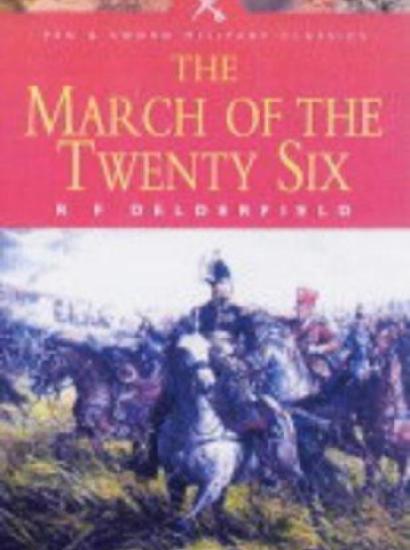- History
- Military
Ronald Delderfield was an English novelist and dramatist (A Horseman Riding By, To Serve Them All My Days, God is an Englishman) who nonetheless wrote a sublime piece of military history telling the story of the Emperor Napoleon’s relations with his twenty-six marshals of the Empire and their relations with each other and the effect both had on the course of the Napoleonic Wars. Starting with the outbreak of the French Revolution in 1789, it took the story up to the death of the last marshal, Marmont, in 1852. It is a treasure trove of anecdotes about the scenes of derring-do of the marshalate, told with a novelist’s eye for drama though admittedly not always with an historian’s concern for verifiable accuracy. It is not yet another history of the Napoleonic Wars or biography of Napoleon, but the story of the extraordinary men who Napoleon raised to the marshalate; their personalities, victories and defeats, and the role they played in the Grande Armée and European history. It also asks whether the creation of the marshalate itself led to such rivalries and jealousies—despite also incentivizing soldiers—that Napoleon would have done better not to have instituted it at all. The book opens with the unpopular, aristocratic, slovenly-dressed 19-year-old subaltern from Auxerre, Louis Davout, travelling to Paris with a self-important sergeant named Claude Perrin (who was to adopt the new surname Victor) to pledge loyalty to the new French government in the name of their regiment after they’d heard of the fall of the Bastille. Meanwhile, Auguste de Marmont, the 20-year-old son of a prosperous Burgundian ironmaster hesitated to choose sides, out of a political opportunism that was to return with catastrophic results when he was to betray Napoleon a quarter of a century later.
















